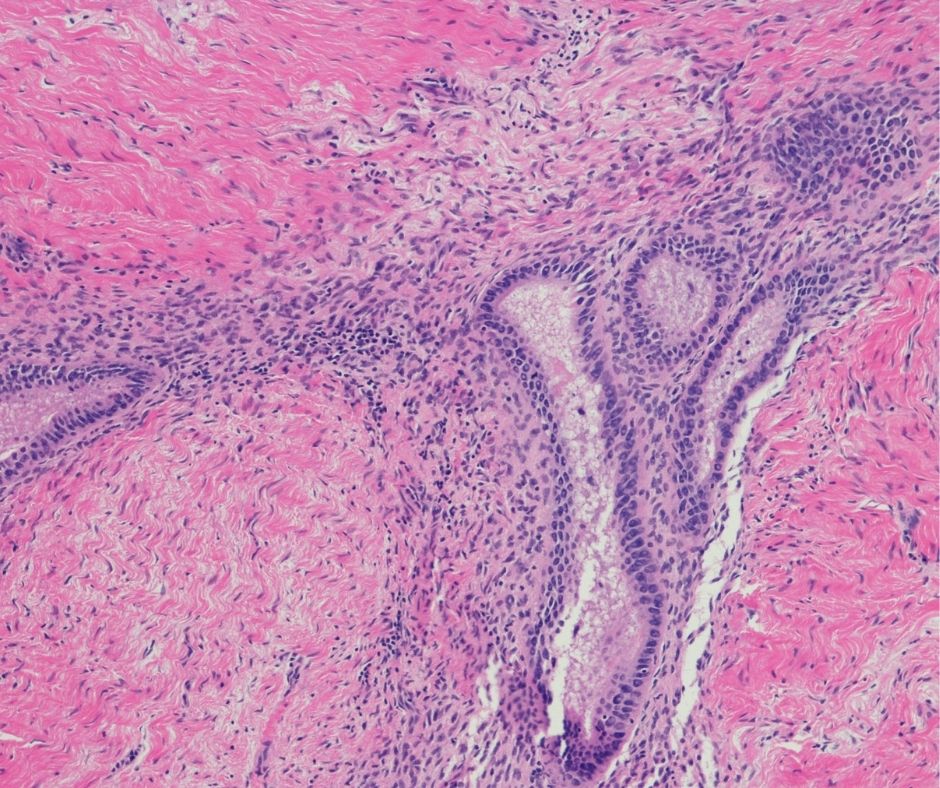
Endometriosis is a condition where the tissue similar to the lining of the uterus is found in areas outside of your uterus in the pelvis, such as your ovaries, bladder or even bowel.
It affects 1 in 7 women in Australia and on average takes 6.5 years to be diagnosed with Endometriosis.
In general, endometriosis is more commonly diagnosed in women in their 20’s and 30’s, but even adolescents can be diagnosed with endometriosis
Women can present with symptoms of endometriosis in many different ways, some of the more common symptoms will include:
We don’t know! Believe it or not, there is still a large amount about endometriosis that we don’t know.
There are several theories on the causes and formation of endometriosis, but to date there is still no single theory that can fully explain its exact cause. However, there does seem to be a strong genetic component with good studies demonstrating that if a woman’s mother had endometriosis, then they are more likely to have it.
Endometriosis can be diagnosed clinically or surgically.
A clinical diagnosis is based on the symptoms of the patient and or evidence of endometriosis on examination, ultrasound or MRI.
A surgical diagnosis is made with excisional surgery of endometriosis. Where tissue is removed from the pelvis and examined under a microscope.
Treatment is multi-disciplinary! Endometriosis is a condition that requires multiple health professionals to help you manage this disease. This includes an endometriosis specialist, general practitioner, physiotherapist, nurses, dietician, pain specialists, colorectal surgeons and even psychologists.
Management of endometriosis needs to be unique to each woman and tailored to their specific symptoms, needs and stage of life. Treatment can be conservative with medical management or surgical with excisional surgery.
Conservative and medical management will involve lifestyle modifications, diet changes, exercise and use of appropriate analgesic medications to manage your pain. For patients not actively trying for a pregnancy, hormonal medication is used to stop flares of the endometriosis glandular tissue. Hormonal therapy can work well for some patients, but specifically with this disease, one size does not fit all and as such some women will need other treatments.
Surgical management does remain the gold standard for treatment of endometriosis. It is important that you see an endometriosis surgeon who does excisional surgery. Guidelines have been developed that strongly suggest best practice is to excise and remove the endometriosis as opposed to ‘ablate’ or ‘burn’ the endometriosis. The surgery is performed laparoscopically or robotically and is minimally invasive, allowing for a faster recovery then open surgery. If you have advanced stage endometriosis where the disease is affecting multiple organ sites such as your bowel and bladder and endometriosis is suspected to be ‘deep’ in nature, this surgery is considered advanced and technically challenging.
This surgery should be performed by a qualified AGES accredited laparoscopic surgeon who is accredited to perform Level 6 surgery. These surgeons have the highest level of qualification and are considered specialist endometriosis surgeons.
It provides a summary of the diagnosis and management of endomedtriosis.
Gynaecologist and Advanced Laparoscopic Surgeon
Mon-Thurs 8:30 am to 4:30 pm
Friday 8:30am to 2:30pm
© 2025 Dr Sam Daniels. All Rights Reserved.